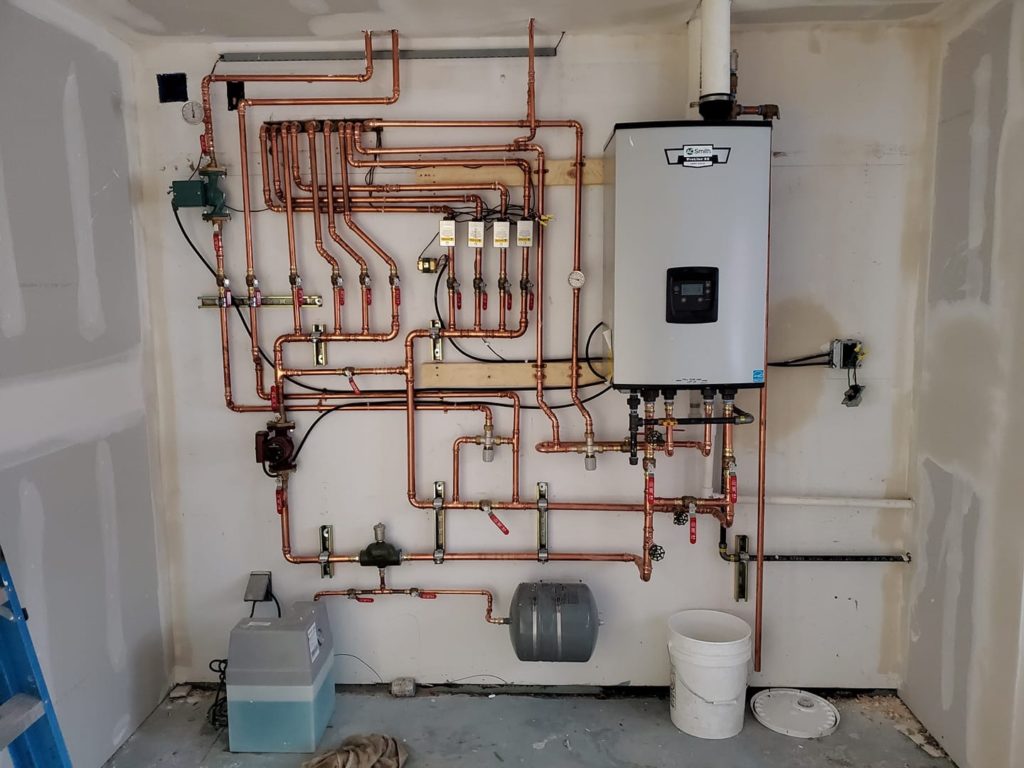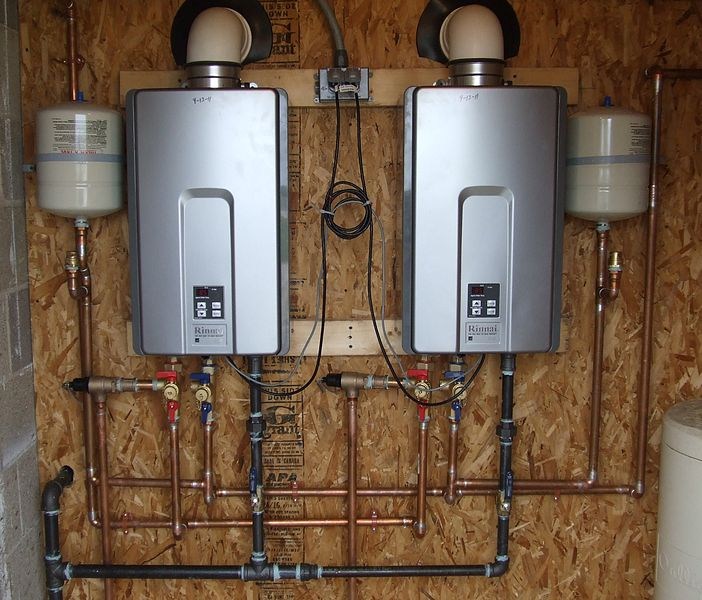Water Heater Installation for Better Hot Water Efficiency and Effectiveness
Water Heater Installation for Better Hot Water Efficiency and Effectiveness
Blog Article
Total Guide to Water Heating UnitInstallment and Substitute
Understanding the ins and outs of water heater installment and substitute is essential for house owners looking for to guarantee efficiency and reliability in their warm water supply. From picking the suitable type and size to implementing a smooth installment procedure, several variables should be thought about to prevent usual pitfalls. This guide will supply you with the essential steps and understandings to browse the intricacies of this home renovation job, while likewise highlighting vital upkeep practices that can prolong the life of your system. As you explore these aspects, you might locate on your own reassessing your present configuration and determining locations for improvement.
Sorts Of Water Heating Systems
When thinking about water heater setup and replacement, it is important to recognize the numerous sorts of water heaters available on the market. One of the most usual types consist of storage tank water heaters, tankless hot water heater, heatpump hot water heater, and solar hot water heater.
Container water heating units are typical systems that store a certain volume of hot water, making them conveniently available when needed. In comparison, tankless water heating systems offer warm water on need, eliminating the requirement for storage space.
Warmth pump water heaters make use of electrical power to move warmth from the air or ground to heat water, providing considerable energy cost savings yet calling for more space and certain installment conditions. Finally, solar water heating units harness solar power to warmth water, providing a green option with potential lasting cost savings, although they typically require a backup system for gloomy days.
Understanding these choices makes sure notified decisions regarding installment and replacement, dealing with certain needs and preferences.
Choosing the Right Size
Picking the proper size for a hot water heater is essential to ensure ideal performance and performance. A system that is too tiny will have a hard time to meet family demands, bring about inconsistent warm water availability and raised energy intake. On the other hand, an extra-large hot water heater can result in unneeded energy waste and greater energy expenses.
To identify the right dimension, consider the family's peak warm water use. This can be calculated based upon the number of passengers and their typical warm water needs. As an example, a family members of four might require a water heating system with a capacity of 50 to 80 gallons, depending upon the usage patterns, such as simultaneous showers and washing.
Furthermore, evaluate the healing price, which determines just how quickly a heating unit can renew warm water after it has actually been used. For tankless models, concentrate on the circulation price, gauged in gallons per min (GPM), to ensure it satisfies the house's simultaneous demand.

Installment Process Overview

Next, the old unit needs to be disconnected and gotten rid of, taking treatment to comply with local codes and regulations pertaining to disposal. When the old device is out, the new hot water heater can be positioned in position. This step entails linking the water supply lines, ensuring that all fittings are protected and leak-free.
After establishing water links, it's essential to connect the power supply, whether electrical or gas, following the maker's guidelines carefully. As soon as all connections are made, the system needs to be loaded with water, and the power can be transformed back on. It's essential to examine for leakages and ensure the water heating system is operating appropriately prior to finishing the setup procedure.
Usual Installation Errors

Another frequent mistake is overlooking to comply with local codes and policies. Falling short to adhere to these criteria can not only lead to security dangers yet might likewise result in pricey penalties or the requirement for expensive reinstallation.
Stopping working to secure connections or using the incorrect kind of fittings can lead to leaks and water damages. By preventing these common installment blunders, house owners can ensure their water heating unit operates safely and successfully, optimizing performance and long life.
Upkeep Tips for Durability
Proper upkeep of a water heating unit is vital for its longevity and ideal performance. Regular examinations and servicing can protect against expensive repairs and extend the device's life expectancy. Begin by checking the temperature level setup; it ought to typically be established in between 120 ° F and 140 ° F for ideal energy performance and safety.
Every six months, purge the tank to eliminate sediment build-up, which can impair home heating performance and cause rust. To do this, switch off the heater, learn this here now attach a hose to the drain shutoff, and allow the water run until it is clear.
Anode rods should be checked each year and replaced when they are rusted. These rods assist protect against tank corrosion by drawing in harsh components in the water.
Additionally, check the pressure safety valve routinely to guarantee it is operating appropriately. This shutoff is vital for avoiding extreme stress accumulation within the container.
Last but not least, take into consideration scheduling a professional maintenance check every few years for thorough evaluations and servicing. By adhering to these maintenance tips, homeowners can considerably improve the effectiveness, security, and life expectancy of their water heating units, making sure reputable hot water for years ahead.
Conclusion
To conclude, correct setup and maintenance of hot water heater are essential for guaranteeing efficiency and longevity (plumber Denton). Picking the proper type and size, sticking to setup guidelines, and staying clear of typical errors significantly add to ideal performance. Normal upkeep checks and specialist servicing aid receive performance and prevent pricey repair services. By recognizing these vital aspects, home owners can accomplish a dependable warm water supply while lessening possible issues associated with hot water heater operation.
Comprehending the details of water heater setup and substitute is vital for homeowners seeking to make certain efficiency and dependability in their warm water supply.Container water heating units are typical systems that store a certain quantity of warm water, making them readily available when needed. In contrast, tankless water heating systems provide hot water on demand, getting rid of the demand for storage space. Choosing a water heating system that is either also small or too large can lead to ineffectiveness, resulting in insufficient hot water supply or extreme power usage.
By recognizing these essential aspects, homeowners can achieve a dependable warm water supply while decreasing potential problems associated to water heating unit operation. pipe repair.
Report this page